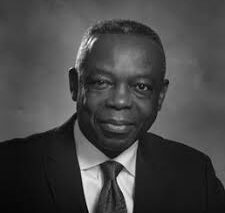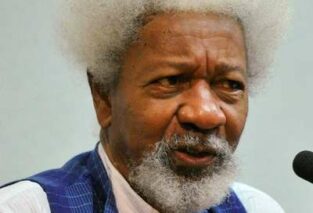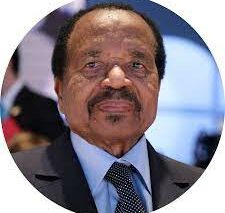The Counselor for Public Affairs at the US Embassy to Cameroon, Mr. Lonnie Kelley, says that Cameroon could reap a fortune from itstourism potential provided efforts are made to curb the rampant corruption that seems to touch every sector of the economy. Excerpts.

How much of our country have you seen over the four months you’ve been here and what are your impressions of it?
I’ve been to the north, the south, and the southwest provinces and what I’ve seen confirms what many people have said of your country, that it is Africa in miniature. It’s a very diverse country, in terms of the weather, the landscape, culture, etc. Cameroon has a great opportunity to capitalize on its diversity. It only needs to facilitate the entry of tourists into the country by easing entry requirements and improving its infrastructure. This would create numerous jobs in the tourism sector. But tourists will not flock into the country where corruption is rife and rampant. Cameroon must therefore cut the amount of corruption that is currently so prevalent just about everywhere in the country. If you can do that, you will see a monumental increase in job opportunities in the tourism sector. We need to get to a stage where people will feel comfortable to say corruption isn’t for me; I’m going to rise above this corruption thing. It does harm to our country and to our people as it hinders development.
Your Ambassador, Mr. Niels Marquardt, is fast gaining some notoriety in the tourism field as well, visiting some remote areas that are quite difficult of access, the Korup forest, for example.
I believe the message he’s sending out is this: you have a beautiful country that is inviting foreigners to explore. But this will not be possible with the amount of corruption that is rampant at all levels. Corruption touches everybody, from people in leadership positions to the man in the street. People in positions of authority need to take action to stop corruption. They have the authority to do so. But it is also the responsibility of everyone not to go up to businesses and say I can do something for you for a fee. I want to give you this contract but you must give me something in return. People have to know that they have the responsibility to be straightforward and not only point fingers at those in authority.
What do people in the ruling circles in this country, that is, government ministers, general managers, directors, tell you, the representative of donor countries, about the issue of corruption when you bring it up, as I imagine you do, in your discussions with them?
There is a process called the Millennium Challenge Account that gives funds to governments that decrease or make a determined effort to eliminate corruption. These are development funds that countries can use to eliminate poverty. What the US government is saying is this: get a handle on this thing, stop this rampant corruption and you’ll benefit from this fund. We’re sure we can get funding for you to improve democratic institutions and benefit your people, but first show us your determination to curb corruption.
I’m still curious to know what responses you get from government circles when you talk to them about it.
We’re very confident that people in senior government positions would like to eliminate corruption. They understand that corruption is a major problem in the country and that they have to do something about it. They see the need to urgently do something about it in order to change Cameroon’s image in the international community. We’re waiting to see if the political will is there to make it happen.


